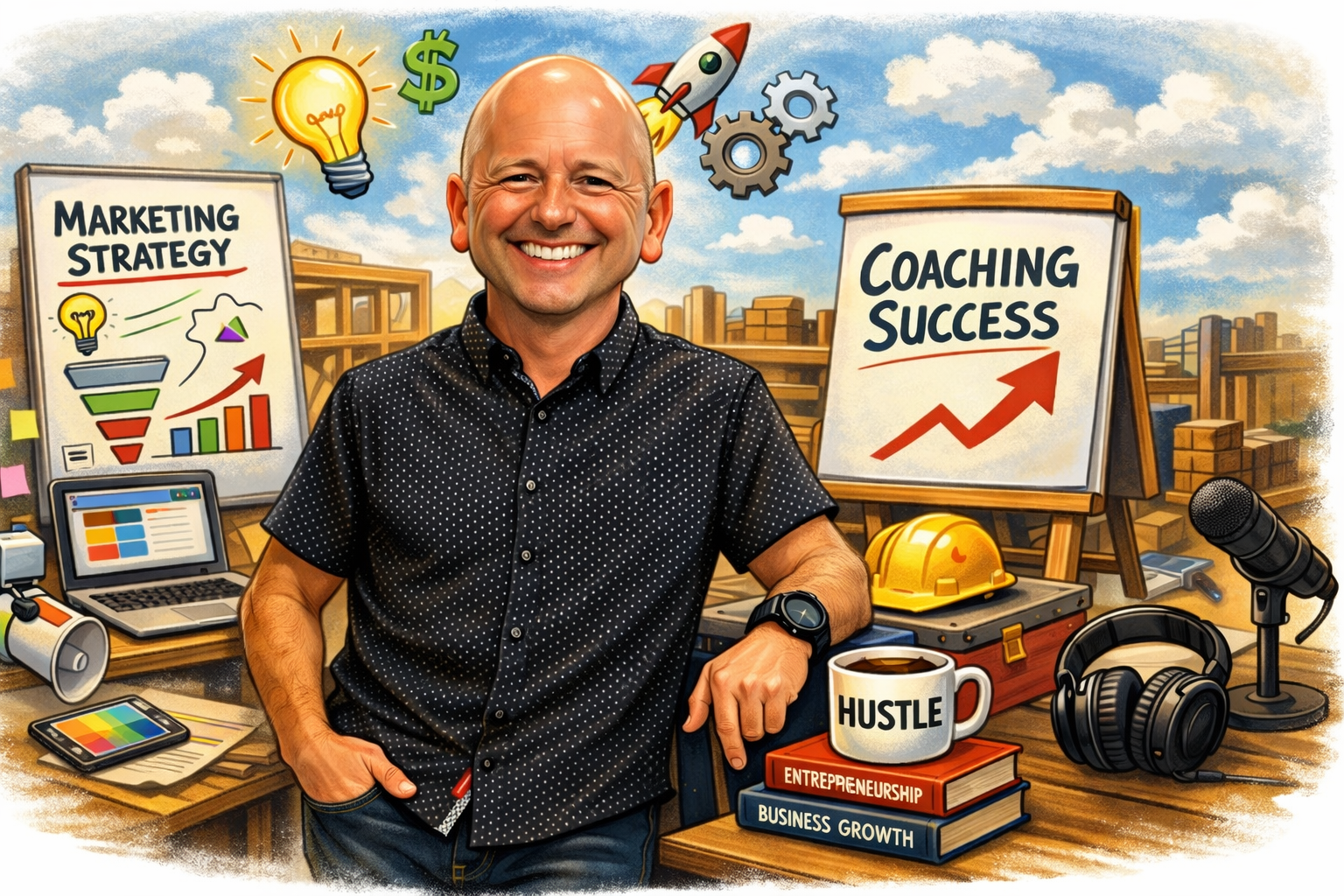Create A Practical Marketing Strategy By Defining These 4 Things
As a small business owner, your strategy is defined by past experiences and how you feel about a particular decision or investment. You just know when to hire. You just know when to order supplies, and you know when to make decisions.
Unfortunately, all those “just knows” don’t always transfer into a marketing strategy.
After all, you know what you are doing, which makes it hard to talk about what you are doing. But if you aren’t talking about business, no one knows about your business. And that’s a big problem.
So, do a better job talking about your business by defining these four things from the
Entrepreneurial Operating System (EOS).
Defining Your Ideal Client
As you think about your ideal client, it becomes easier to create marketing messages for that client. Start to ask yourself.
Who is profitable AND fun to work with?
What is their biggest problem and how do we solve it?
What do they value?
Where are they located? Where do they gather (both physically and digitally)?
What are their interests? Demographics? And psychographic characteristics?
Write your answers down on a piece of paper and keep it on your desk. Heck, laminate it if you want to. When its time to create marketing content, look at your answers. This will help you talk about your business because you will be thinking about your clients first, and what you do second.
Defining Why Work With You
Defining “why work with you” isn’t about saving more money, making more money, or a better mousetrap. It is about digging deep and understanding what makes you unique.
Write down
three things that make you and your business unique. Uniqueness can be a physical location, education, technology, pricing, people, and pretty much anything that makes your business, well, unique. It is not that other companies don’t have some of the same “uniques” because they will. However, no company should have the intersection of all three of your uniques. This intersect is what makes your business special and it should be the foundation of your marketing.
Defining Your Proven Process
A proven process is a step-by-step visual representation (about 3 to 7 steps) of how you deliver products and services. It’s critical for setting client expectations and creating a repeatable blueprint to follow for continued success. It also builds trust with new clients/customers when you have a way of doing things that have been done before. The best part, a proven process creates alignment between your marketing, sales, and operations. The way your team talks about your business is how you conduct business.
Defining Your Guarantee
A guarantee is your unique promise to your customers when they engage with you. Like the proven process, it helps manage expectations and lower fears. It’s different from the proven process in that instead of describing HOW you’re going to deliver services, your guarantee is focused on WHAT the customer can expect from you every time.
Now that you have defined your ideal customer, your differentiation, your process, and your guarantee, you are ready to talk about your business with confidence. So, before you go to a networking event, post to social media, send an email, or take on any sales or marketing activity, look at your strategy and talk about your business with confidence!
If you need any help defining your message or marketing your company, schedule a free call with a member of our
support team.
For more helpful tips, subscribe to our blog and receive weekly emails to help you and your business.
To learn more about our services, call us at 727-222-6984. Or schedule a free consultation.






